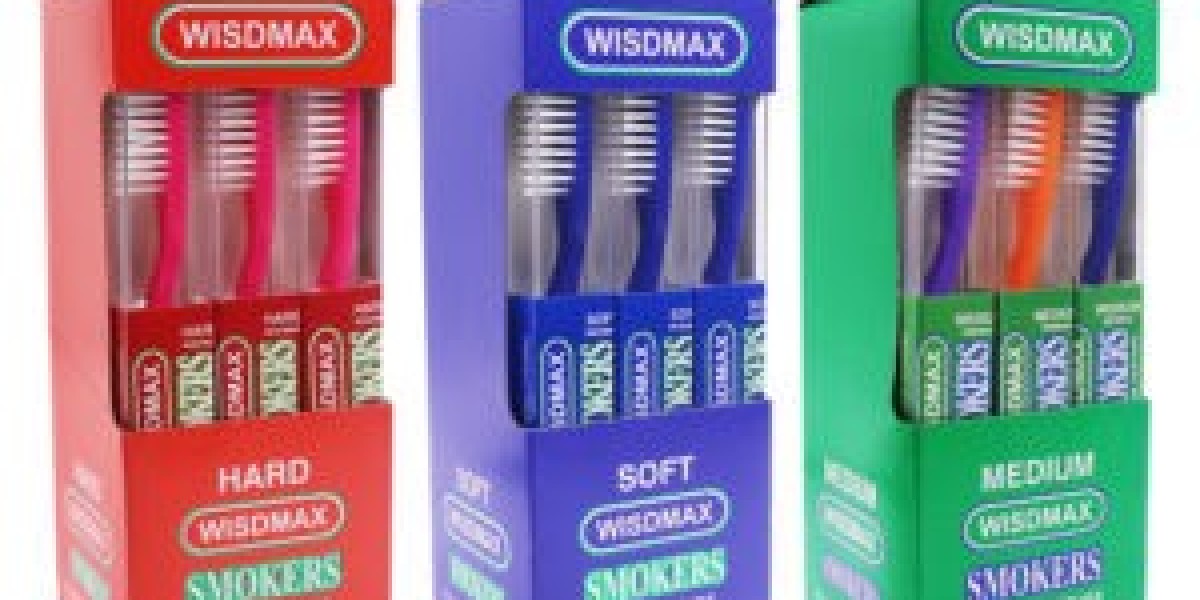For the dedicated smoker, it's a daily battleground. On one hand, the desire for fresh breath and a clean smile – a basic human want. On the other, the stubborn grip of nicotine and tar that stain teeth and dull taste buds. This unassuming brush becomes a symbol of the constant negotiation between indulgence and self-care, a silent witness to the smoker's internal tug-of-war.
The morning ritual for a smoker toothbrush with a bleary-eyed start often begins with a grimace. The mirror reflects the telltale signs of the previous night's cigarettes – a yellow tinge on teeth, a film coating the tongue. The first brushstroke can be a shock, the bristles encountering a rough, stained landscape. The familiar minty toothpaste barely masks the lingering tobacco taste. It's a stark reminder of the habit's toll, a physical manifestation of the internal struggle.
But brushing continues, a mechanical act fueled by a flicker of hope. Each stroke aims to banish the evidence, to reclaim a semblance of freshness. The smoker might experiment with different pastes – whitening formulas, intense flavors – searching for a magic bullet that can erase the telltale signs. Yet, the battle is uphill. The bristles, initially white, turn a sickly yellow, a testament to the relentless staining power of tar.
The frustration can be immense. The smoker might brush with more force, scrubbing at the teeth in a desperate attempt to achieve a pearly white that feels increasingly out of reach. This aggression, however, can damage gums, leading to further complications. The irony becomes clear – the very act intended to improve oral health can be hindered by the very habit that necessitates it.
There's a psychological dimension to the smoker's toothbrush as well. It can be a source of shame, a constant reminder of the vice one clings to. The act of brushing can become a ritual of self-flagellation, a punishment for succumbing to the craving. Yet, within this negativity, a glimmer of hope might flicker. The daily act of cleaning, however imperfect, becomes a small rebellion, a defiant statement against the grip of addiction.
Perhaps the smoker starts using a tongue scraper, a small victory in the battle against the lingering bitterness. Maybe a minty mouthwash becomes a post-brushing ritual, a temporary shield against the inevitable return of the tobacco taste. These small acts, though fleeting, become testaments to a desire for self-improvement, a tiny seed of change waiting to be nurtured.
The smoker's toothbrush can also be a source of support. A partner might leave a new, unopened brush next to the sink, a silent encouragement. A dentist, aware of the challenges, might offer gentle reminders and suggest alternative cleaning methods. These gestures, though seemingly insignificant, can be powerful motivators.
The relationship between a smoker and their toothbrush is a complex dance. It's a daily reminder of a bad habit, a symbol of frustration and self-doubt. Yet, it's also a tool for self-care, a potential catalyst for change. The smoker might continue to indulge, but the act of brushing becomes a ritual of defiance – a small victory in the ongoing battle for a healthier self.
This internal conflict might even lead to a tipping point. The daily confrontation with the stained teeth, the frustration with brushing's limitations, might spark the motivation to quit. The once-dreaded tool could transform into a symbol of a new journey, a reminder of the fresh start on the path to better health.
Ultimately, the smoker's toothbrush is more than just a tool for cleaning. It's a silent witness to the internal struggle, a reflection of self-doubt and fleeting hope. It's a reminder that even amidst indulgence, a desire for self-care persists. And perhaps, within its unassuming bristles lies the potential for positive change, waiting to be grasped.



